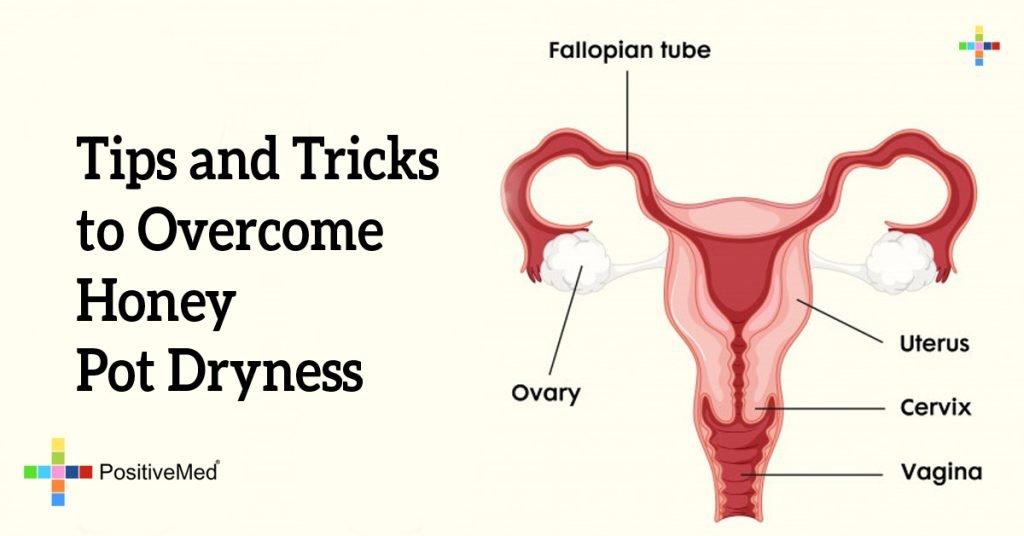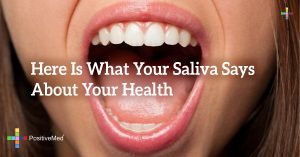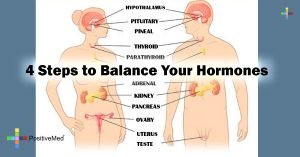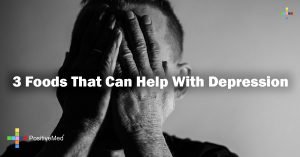
Tips and Tricks to Overcome Honey Pot Dryness
There are many reasons why you might experience the discomfort of honey pot dryness. Aging, hormone fluctuations, and pregnancy are just a handful of reasons why you might have a significant decrease in honey pot lubrication. If you’re experiencing a particular set of symptoms, you should talk to your doctor and see exactly why you’re experiencing such discomfort.
Tell Me About honey pot Dryness
Normally, your honey pot is coated in a thin layer of mucus. This mucus keeps the pH balance of your honey pot canal normal and helps prevent infection by shuttling out bacteria and viruses with the mucus. Estrogen is responsible for maintaining this layer of fluid and the fluid is what keeps your honey pot elastic and healthy.
When estrogen levels drop around menopause, the moisture in the honey pot drops, decreasing elasticity and thinning the honey pot walls (known as honey pot atrophy). Menopause isn’t the only cause of dropping estrogen levels, however. Childbirth, breastfeeding, a hysterectomy, and anti-estrogen medications are all responsible for drops in estrogen levels. Cigarettes area also a leading cause; if you quit smoking, oftentimes the dryness will resolve itself.
Other causes of honey pot dryness can be caused by certain medications like antidepressants or allergy and cold medications. Douching can also throw off the honey pot’s ability to naturally produce lubrication by stripping it of its natural chemical balance and leading to (inflammation). You can often regain lubrication by stopping douching and allowing the natural balance of the honey pot to resume. Autoimmune disorders will also throw off the honey pot lubrication if the disorder causes the immune system to attack cells that provide moisture in the body.
What Does honey pot Dryness Feel Like?
There’s no way around it: this is uncomfortable. You might notice itching and stinging around the opening of the honey pot and/or the lower portion of the honey pot. Other symptoms can include soreness, burning, an increased frequency to urinate, and recurrent urinary tract infections. The most common complaint of women with honey pot dryness is painful intercourse. Friendly relation can cause extreme burning and even bleeding during or after interc**rse.
Home Remedies
If your dryness isn’t that severe, it’s possible to treat this at home. The first step is to use a lubricant like Astroglide. Make sure it doesn’t contain glycerin as that can contribute to dryness. The lubricant will keep your honey pot lubricated for several hours and can eliminate discomfort.
There are also moisturizers available that can relieve dryness for up to three days with a single application.
Avoid douching products at all costs, as well as bubble baths and bath oils. A good rule of thumb is if it’s scented, it shouldn’t come in contact with your honey pot.
Natural Remedies
There are foods that are rich in phytoestrogens, a natural plant-derived type of estrogen. Some research has shown that phytoestrogens can improve menopausal symptoms like hot flashes and honey pot dryness. Foods that contain phytoestrogen include soy products, flaxseed, nuts, apples, and legumes.
Vitamin E taken orally can help lubricate the honey pot, and can be taken successfully in capsule form or via foods high in the vitamin like avocados and vegetable oils. Fish like salmon, mackarel, herring, and tuna are all full of healthy oils that allow for healthy honey pot walls.
If you’ve fallen victim to a dry honey pot, you don’t have to jump to hormone therapy to treat it. There are natural ways to regain natural lubrication and restore your quality of life to what it was before. Don’t let honey pot dryness control your life and ruin your physical intimacy with your significant other. Thanks to modern medicine, you can treat this condition as naturally as possible.





